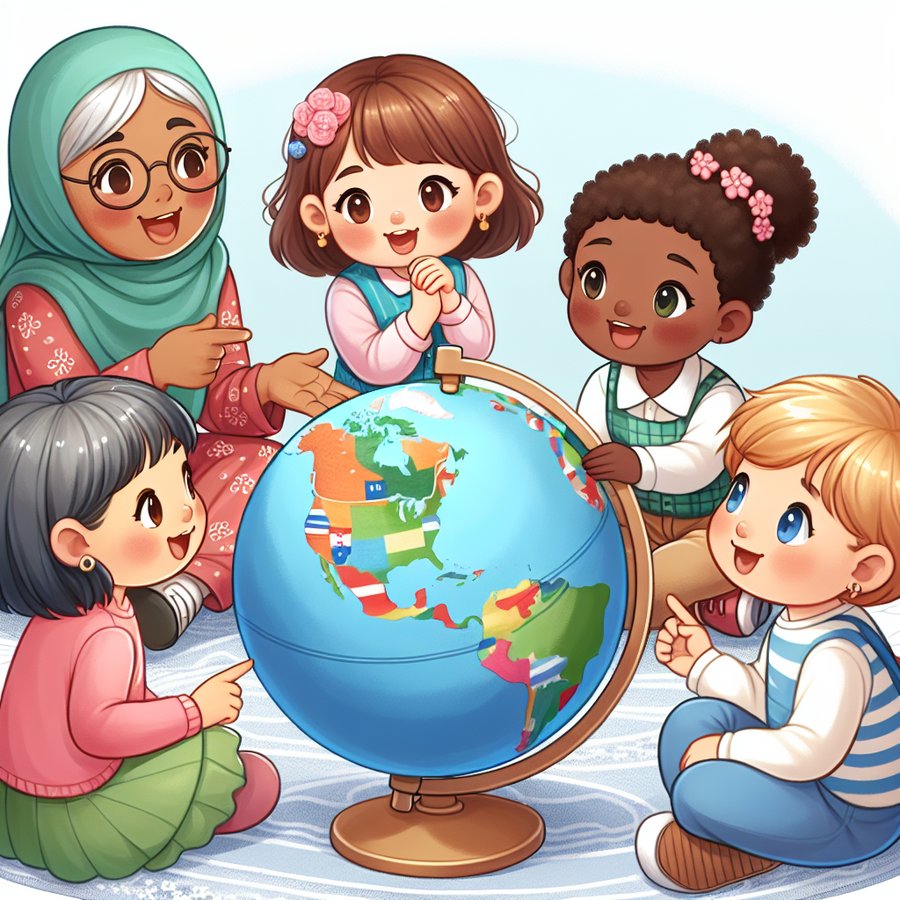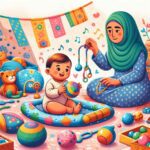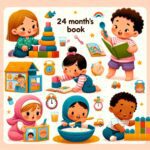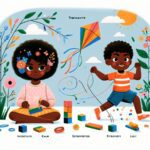Handling a toddler’s questions about the world can be both a delightful and daunting task for many parents. Toddlers are naturally curious, eager to understand the environment around them. This phase is crucial as it lays the foundation for their lifelong learning and cognitive development. By engaging with their queries thoughtfully, we not only satisfy their immediate curiosity but also encourage a healthy inquisitive mindset.
However, the sheer volume and variety of questions posed can sometimes overwhelm even the most patient parent. This article aims to provide strategies to approach your toddler’s questions in a way that is both educational and engaging. By the end of this piece, you will have a better understanding of how to foster your child’s curiosity about the world in a supportive and meaningful way.
Understanding the Importance of Curiosity
Curiosity is the engine of intellectual achievement. It’s what drives us to continually explore, discover, and learn. For toddlers, every aspect of their daily environment can spark wonder. Research shows that a stimulated and curious brain leads to a greater capacity for learning and development. The way we respond to our children’s questions can either amplify or dampen their natural curiosity.
It is essential to provide answers that suit their developmental stage, using language and concepts they can grasp. Visual aids, stories, and practical examples can turn a simple answer into an engaging learning experience. Ensuring your responses encourage further questioning can turn everyday moments into opportunities for discovery. According to studies, children’s cognitive development is significantly enhanced when their questions are met with meaningful answers.
Strategies for Handling a Toddler’s Questions About the World
Handling a toddler’s questions about the world requires patience, creativity, and sometimes, a bit of research. Here are some strategies to consider when bombarded with the ‘whys’ and ‘hows’ of a curious toddler:
- Be patient and listen fully to their question, showing them that their curiosity is valued.
- Use simple, clear language and, if possible, accompany your explanation with a visual or practical example.
- If you don’t know the answer, it’s okay to say so. Use this as an opportunity to explore the answer together.
- Encourage them by asking open-ended questions in return, prompting them to think and explore further.
- Direct them to books, educational shows, or websites that can satisfy their curiosity in an age-appropriate manner.
By adopting these strategies, you can make the learning process enjoyable and fruitful, fostering a positive attitude towards learning that can last a lifetime.
Integrating educational resources can also be incredibly helpful. For instance, websites like Encouraging a Love of Reading from an Early Age offer insights on nurturing your child’s reading habits, which can be a great way to answer their questions about the world.
Creating an Environment That Encourages Questions
Creating a stimulating environment that encourages your toddler to ask questions is just as important as how you answer them. An environment rich in stimuli and learning opportunities naturally promotes curiosity.
Fill your home with books, puzzles, and educational toys that are accessible to your child. Involve them in simple experiments that explain everyday phenomena, such as why things float or sink in water. Outdoors, point out and discuss the nature around you, from the way the wind moves the trees to the different types of animals and their habitats. This approach not only answers their existing questions but also stimulates new ones.
Remember, every child is unique, and their curiosity will take them down different paths of inquiry. Encourage these pursuits, and provide them with the tools and resources they need to explore. Websites like Fostering Creativity and Curiosity in Toddlers Through Play offer great tips on supporting your child’s explorative play.
In conclusion, handling a toddler’s questions about the world is an essential part of their growth and development. By being patient, creative, and supportive, you can help foster a lifelong love for learning. Remember, every question is an opportunity to explore and discover together, building a strong foundation of knowledge and curiosity.
For more tips on navigating the challenges of toddlerhood, check out our articles on Staying Connected with Friends as New Parents and Handling a Toddler’s Questions About the World.













